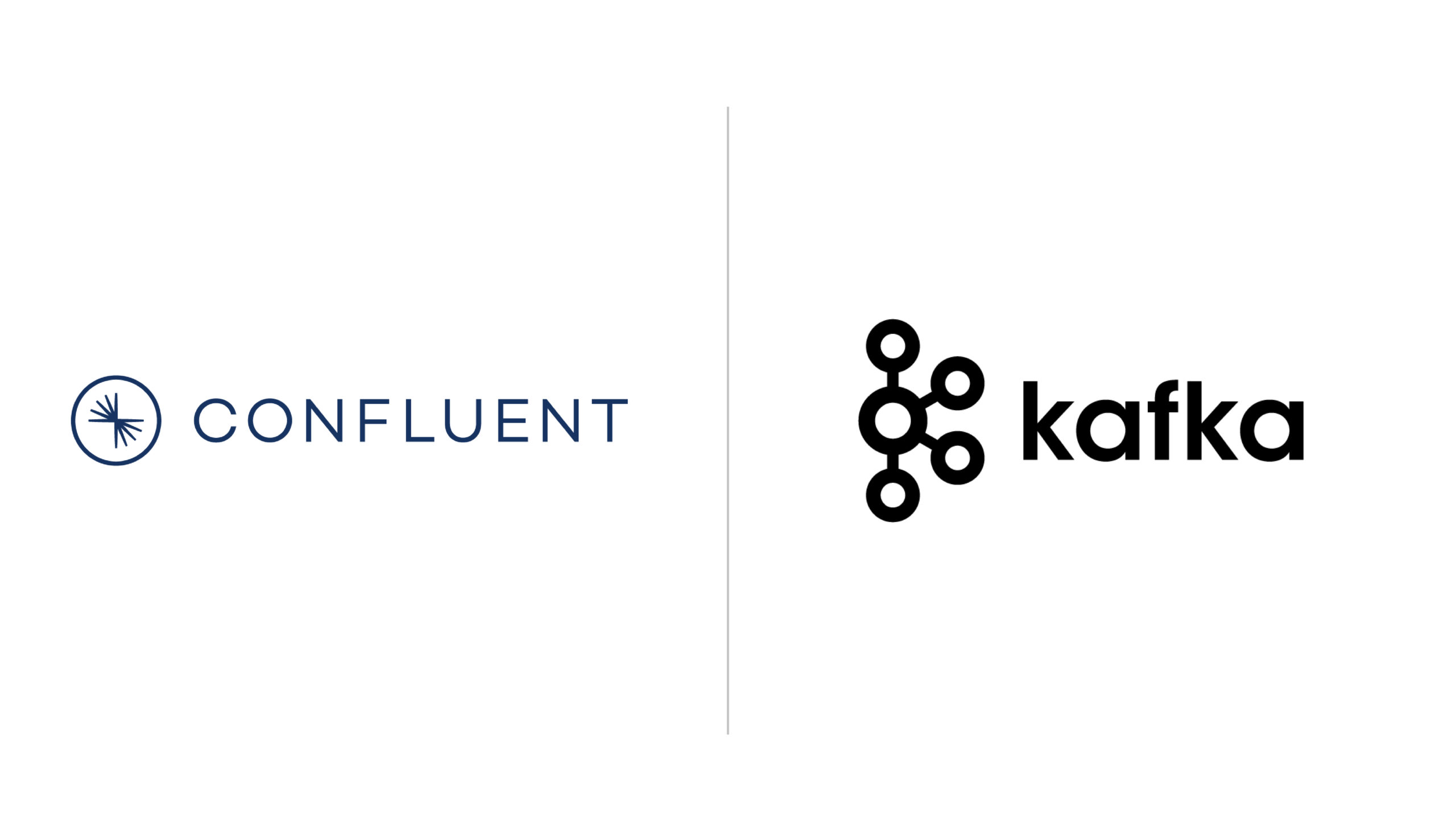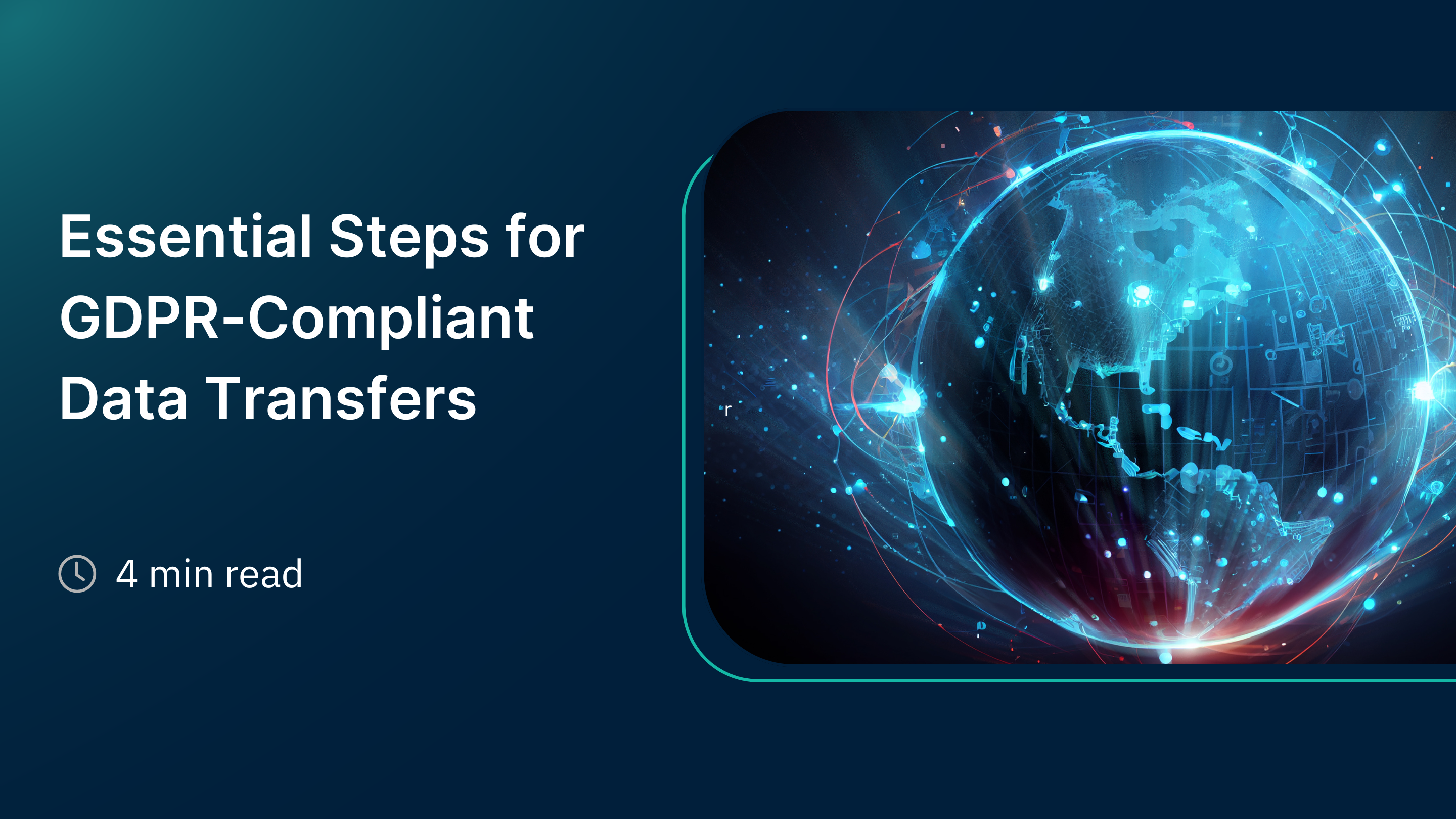Navigating the Digital Personal Data Protection (DPDP) Act:
A New Era of Data Privacy in India
Introduction
On August 9, 2023, India took a significant leap forward in data governance with the enactment of the Digital Personal Data Protection (DPDP) Act. This landmark legislation is designed to reform the way personal data is collected and processed in the country, ensuring that individuals—now termed Data Principals—are empowered with robust rights concerning their personal information. As data privacy becomes an increasingly pressing concern globally, the DPDP Act serves as a pivotal foundation for establishing comprehensive data protection regulations in India that align with international standards.
Understanding the DPDP Act
At its core, the DPDP Act aims to safeguard the privacy of individuals by regulating the collection, storage, processing, and sharing of personal data by organizations. It introduces a framework wherein Data Principals have elevated rights that include the right to access their data, the right to correction, the right to data portability, and the right to erasure of their data. This empowers individuals to have greater control over their personal information in an era where data has become a valuable asset.
For organizations, the DPDP Act delineates a set of responsibilities that must be adhered to in order to ensure compliance. These include the necessity to obtain explicit consent from Data Principals before collecting their data, implementing secure data handling practices, and ensuring transparency in data processing activities. Organizations must also appoint Data Protection Officers (DPOs) to oversee data protection initiatives and maintain compliance with the Act.
Key Aspects of the DPDP Act
The DPDP Act sets forth several critical components that organizations must understand and integrate into their operations.
Rights of Data Principals
As aforementioned, the DPDP Act bestows various rights upon Data Principals. These rights emphasize transparency and control:
- Right to Access: Data Principals can request access to their personal data held by organizations.
- Right to Correction: Individuals have the right to rectify any inaccuracies in their personal data.
- Right to Data Portability: Data Principals can request their data in a structured format, facilitating the transfer of data between service providers.
- Right to Erasure: Individuals can demand that their data be deleted when it is no longer required or when consent is withdrawn.
Understanding and implementing measures to honor these rights is crucial for organizations as they seek compliance with the DPDP Act.
Responsibilities of Organizations
Organizations are now tasked with a range of responsibilities, including:
- Obtaining Consent: Organizations must obtain clear and explicit consent before collecting and using personal data.
- Data Minimization: Only the data necessary for a specified purpose should be collected and processed.
- Security Measures: Adequate technical and procedural measures must be adopted to secure personal data against unauthorized access and breaches.
- Accountability: Organizations must maintain records to demonstrate compliance with the DPDP Act.
Penalties for Noncompliance
To reinforce adherence to the DPDP Act, strict penalties are imposed for violations. Organizations that fail to comply with the regulations face substantial fines, which can amount to a percentage of their global turnover or a specified monetary value—whichever is higher. This serves as a strong deterrent, emphasizing the importance of compliance and rigorous data governance.
Making Audits Effortless and Automating Remediation to Achieve Continuous Compliance
In this evolving landscape of data protection, organizations are compelled to respond swiftly to comply with the DPDP Act. This is where Borneo’s Data Risk Remediation Platform comes into play.
By offering organizations a centralized approach to data security, we provide a unified view across data, security and privacy teams that enables them to monitor data continuously and address and work in unison to address any compliance gaps promptly. By employing advanced technology, organizations can automate workflows related to data handling, track consent, and ensure that data is accessed and processed in accordance with the stipulations set out in the DPDP Act.
To learn more and simplify this transition, Borneo's whitepaper, "Understanding India's Digital Personal Data Protection (DPDP) Act and Steps to Achieving Continuous Compliance," serves as a valuable resource. The whitepaper explores the intricacies of the DPDP Act, outlines the rights and responsibilities of both Data Principals and organizations, and provides a roadmap for achieving compliance with minimal effort and resources while ensuring that sensitive data is effectively protected.



